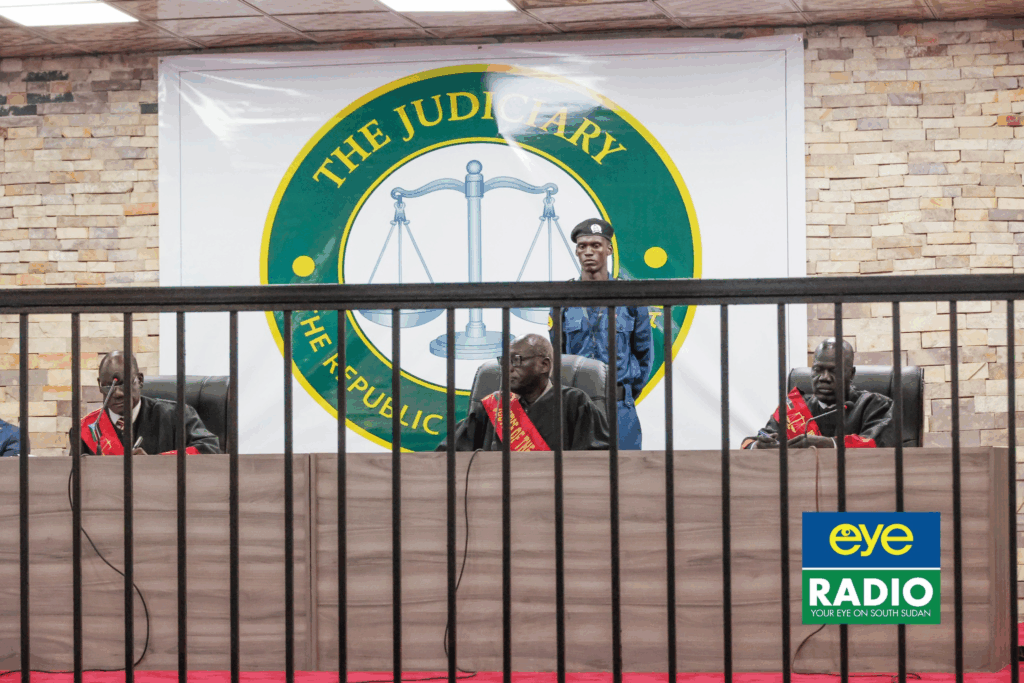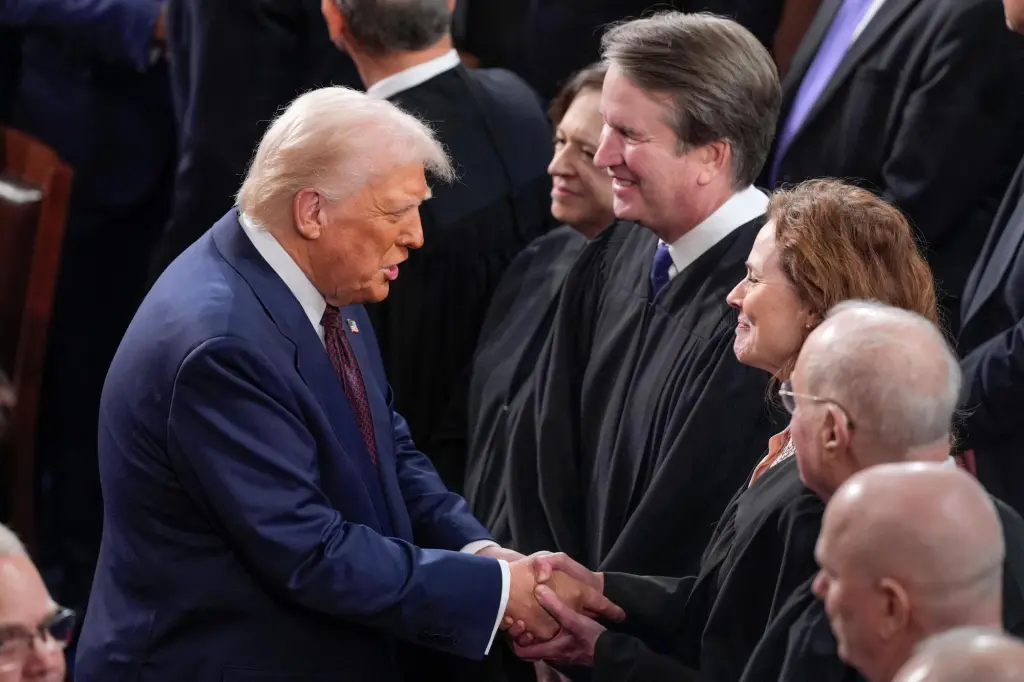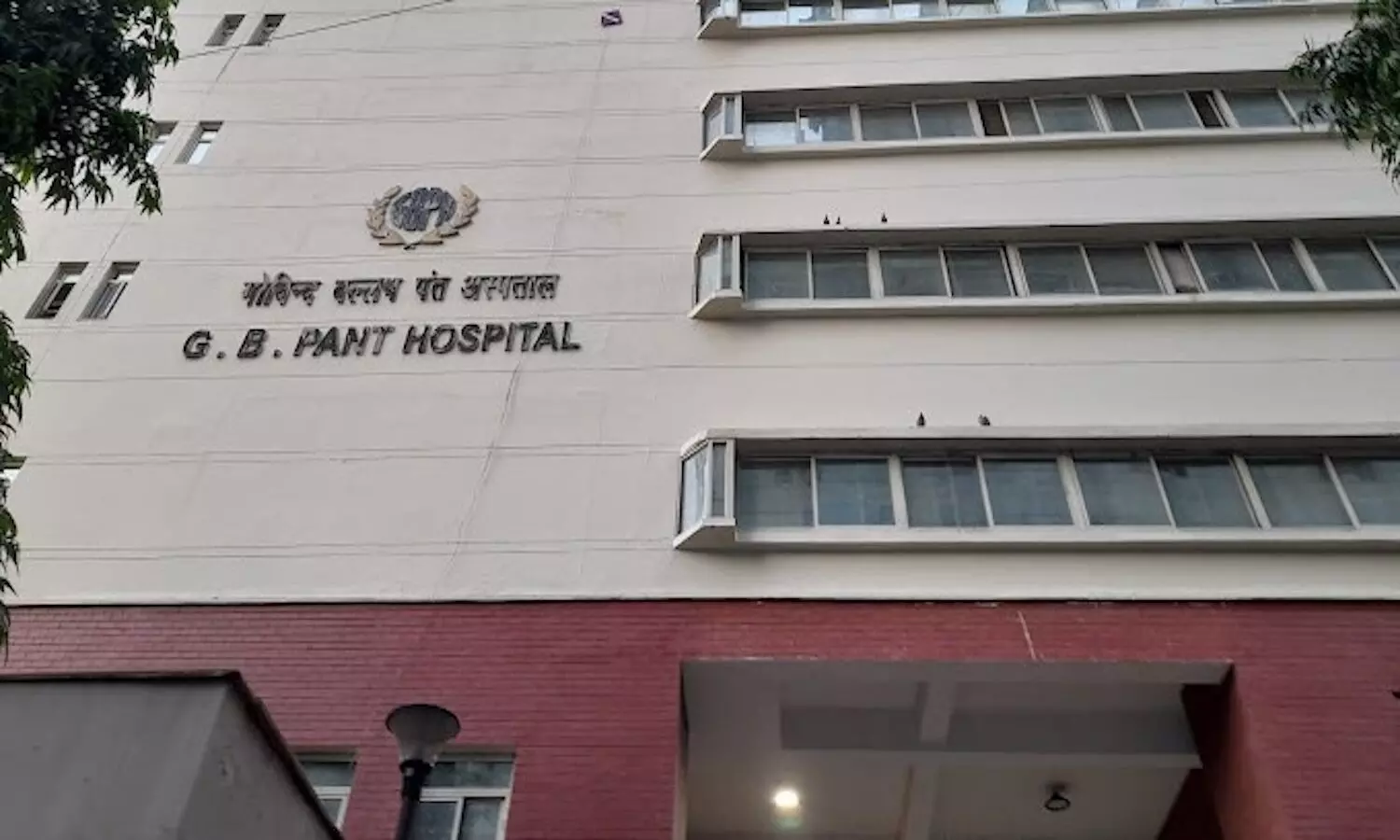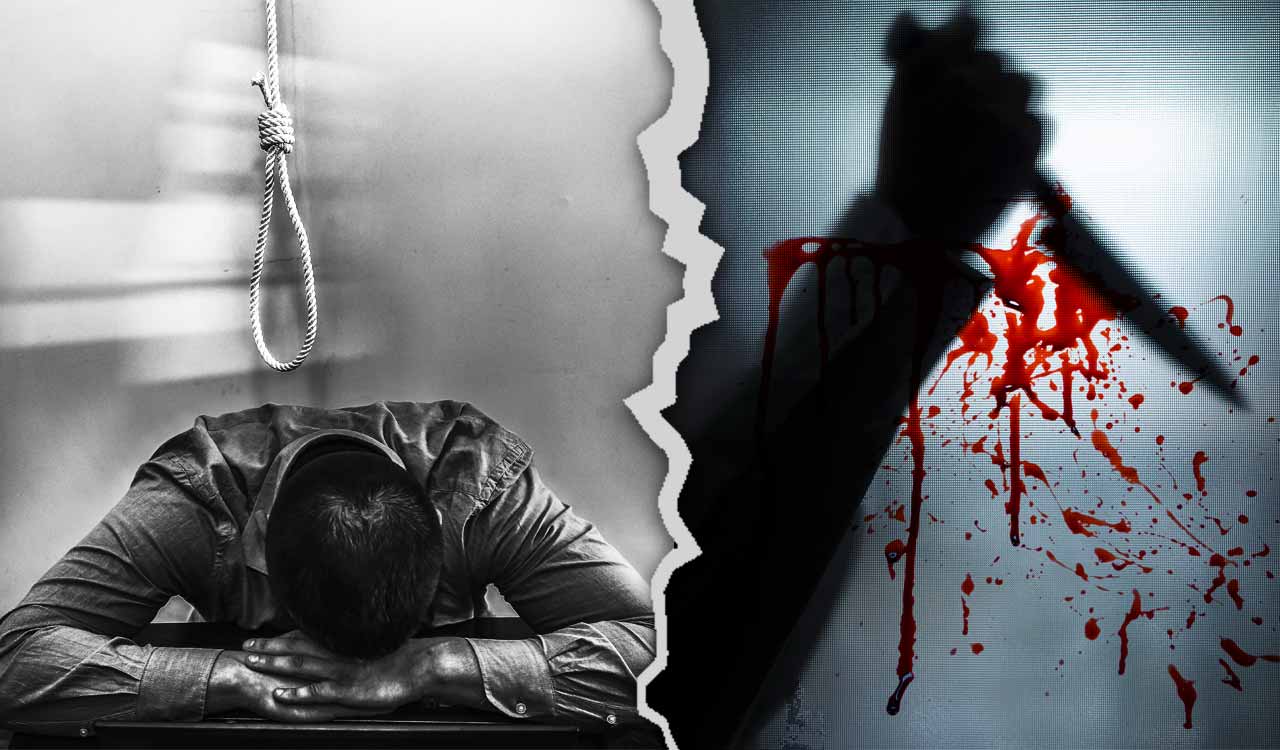Copyright eyeradio

Presiding Judge James Alala (center) and his colleagues oversee the trial for Dr. Riek Machar and seven co-accused in the Nasir Incident case, Wednesday, October 1, 2025. (Photo: Eye Radio/Moses Awan) JUBA, South Sudan (Eye Radio) – The Court trying First Vice President Dr. Riek Machar and seven accused resumed its session today, with the defense continuing its cross-examination of the Chief Investigator, before the proceedings were adjourned to Monday, November 3rd, 2025. Court proceedings began as usual, with the attendance of both the prosecution and defense teams. However, the defense informed the court that the fourth accused, Lt. Gen. Gabriel Duop Lam, and the sixth accused, Kamilio Gatmai Kel, were absent due to health reasons. The high-profile case involves multiple serious charges, including murder, treason, terrorism, financing terrorist activities, crimes against humanity, and destruction of public property and military assets, among others. Chief Investigator Cross-Examined During Friday’s sitting, the defense continued the cross-examination of the Chief Investigator, Maj. Gen. Basilio Thomas Wani, focusing on the role each accused allegedly played in the offenses. Advocate Deng John Deng led the cross-examination, beginning with questions about an interview allegedly conducted with the first accused, Puot Kang Chol. The prosecution claims this interview contained misleading information that led to the Nasir garrison attack. When asked if he had listened to the interview, the investigator confirmed that he had, and that it was shared on social media. However, he stated he could not recall the exact broadcast date, suggesting it might have aired around February. The investigator told the court the interview was broadcast on Radio Miraya FM, though he could not recall the other guests in the studio. When asked if he agreed that the program was a political talk show, he disagreed with the defense. Advocate Deng listed the guests as Dr Martin Elia Lomuro, Moro Genisio of SSOA, Charles Tai Gituai, the outgoing RJMEC Interim Chairperson, and the first accused, Puot Kang Chol. The investigator said he did not remember these details. When asked if he agreed that the show discussed the implementation and violations of the peace agreement, the investigator denied it, claiming the topic was solely about the movements of the SSPDF forces to Nasir. The defense further asked whether the first accused made any statements that directed or influenced the White Army, but the investigator affirmed there were no such direct directives. Similarly, when asked about Dr. Martin Elia’s response from the government side during the program, the investigator said he could not recall. Evidence and Procedural Questions At one point, the prosecution objected after murmurs were heard from the public gallery, prompting the presiding judge to warn members of the public to remain silent during the session. The defense later questioned whether the radio interview was reviewed by the Media Authority or the National Communication Authority (NCA). The investigator said the NCA reviewed it and found misleading information about the Nasir incident. He noted that the evidence was presented to the court in a USB flash drive labeled as prosecution documents 10 and 11, but confirmed that the Media Authority did not review the interview. The defense also sought clarification on how prosecution document No. 10 reached the court, as it was dated September 1st, which was after the case had already been referred to court. The investigator explained that the application had been sent earlier to the NCA but was only signed after the official responsible returned from abroad. The defense then requested to cross-examine the investigator on all prosecution documents, from the first to the last. The prosecution objected, arguing that some evidence required witnesses who are yet to appear in court. The presiding judge sustained the objection and directed the defense to limit their questioning to documents the investigator could competently address, focusing on the form rather than the content of the evidence. Arrest Procedures and Immunity The defense also asked whether the investigation committee, including its head, had taken an oath before the Minister of Justice prior to commencing their work. The investigator confirmed that they had not. He did state, however, that the committee was formed by the minister and that reports were submitted to him. Regarding the arrests, the investigator said the first defendant, a minister in the national government, was already in custody when the committee began its investigation. Asked whether the arrests were authorized by the Cabinet, the investigator replied that he was unaware of any authorization. The investigator confirmed that the fourth and sixth defendants were detained by the National Security Service as part of a criminal investigation. He also admitted that the third defendant, MP Gatwech Lam, was arrested by the same agency without a warrant. When asked if the third defendant was arrested while still enjoying parliamentary immunity, the investigator replied, “Yes, I agree.” The investigator further admitted that the first, second, and third defendants were arrested without warrants, but claimed the fourth and sixth were detained under verbal orders from the Chief of Defense Forces. He also acknowledged that the order to lift MP Gatwech Lam’s immunity came five months after his arrest and interrogation. Finally, when asked whether there were any direct instructions from the accused to Tor Gil, the commander of the White Army, the investigator said, “There are no direct instructions.” The court subsequently adjourned the session to Monday, November 3rd, 2025, for the continuation of the defense cross-examination.



